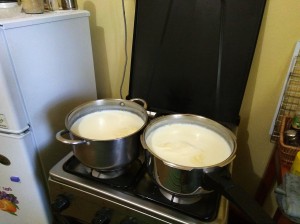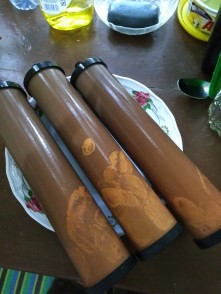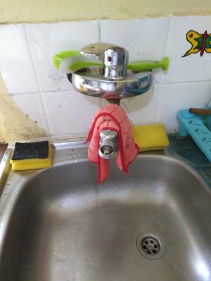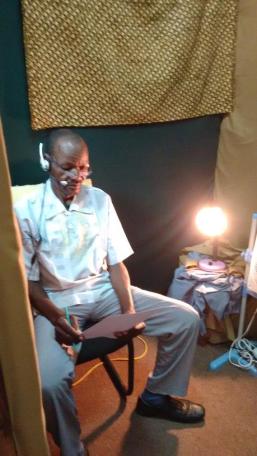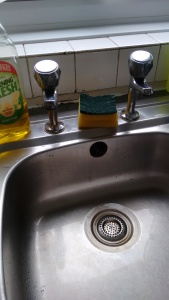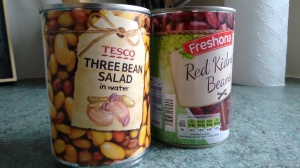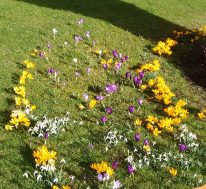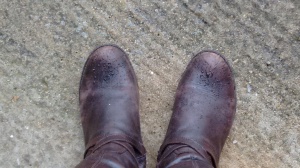During my course in Gloucester, we covered a course called “Discourse Analysis”. This was essentially a study of how languages say what they mean, and how different languages can say the same thing different ways (and sometimes mean different things from the same thing!).
Let me explain with some examples …
One of my teachers has worked in Mexico.
In one of the languages she works with, there isn’t a separate word for village and city. So to describe Jerusalem, they thought they’d try a phrase “big village Jerusalem”, to emphasise that Jerusalem wasn’t a small village.
However, when looking at the translation with mother-tongue translators, the translators genuinely wanted to know, “Oh, where’s the small village Jerusalem?”.
In their language, if you say there is a “big Jerusalem”, then that necessitates that there is also a “small Jerusalem”!!
In English, adjectives can be used either to describe, or to differentiate:
If you say, “Oh, I like those red shoes”, it does not necessarily mean that you don’t like the other not red shoes. You could just be giving more descriptive detail to the shoes.
But, if you say, “The blue bin gets collected today”, you might mean that today it is the blue bin, and not the black bin, that gets collected.
Back to the language in Mexico:
This discovery had huge implications for Bible Translation!
Consider the following phrases, which in English we might read without thinking:
‘The Good News about Jesus’ – this would mean there was also bad news about Jesus!
‘This is my son, whom I love’ – this would mean God also had a son whom he didn’t love!
‘The one true God’ – is there also a not true God?!
‘He is the God who saves’ – i.e. as opposed to the God who doesn’t save …!
Wow! I was completely amazed at all the examples we were discussing, and the implications if this hadn’t been discovered!
It turned out that the translators had misunderstood parts of the Spanish Bible they had read, because they were not aware that Spanish (like English) could use adjectives and relative clauses just to describe.
I don’t think this is the case for the languages I work with in Tanzania … but it goes to show how careful we need to be to check things are understood in the correct way.
Just one more reason why Linguistics is an essential part of Bible Translation!







